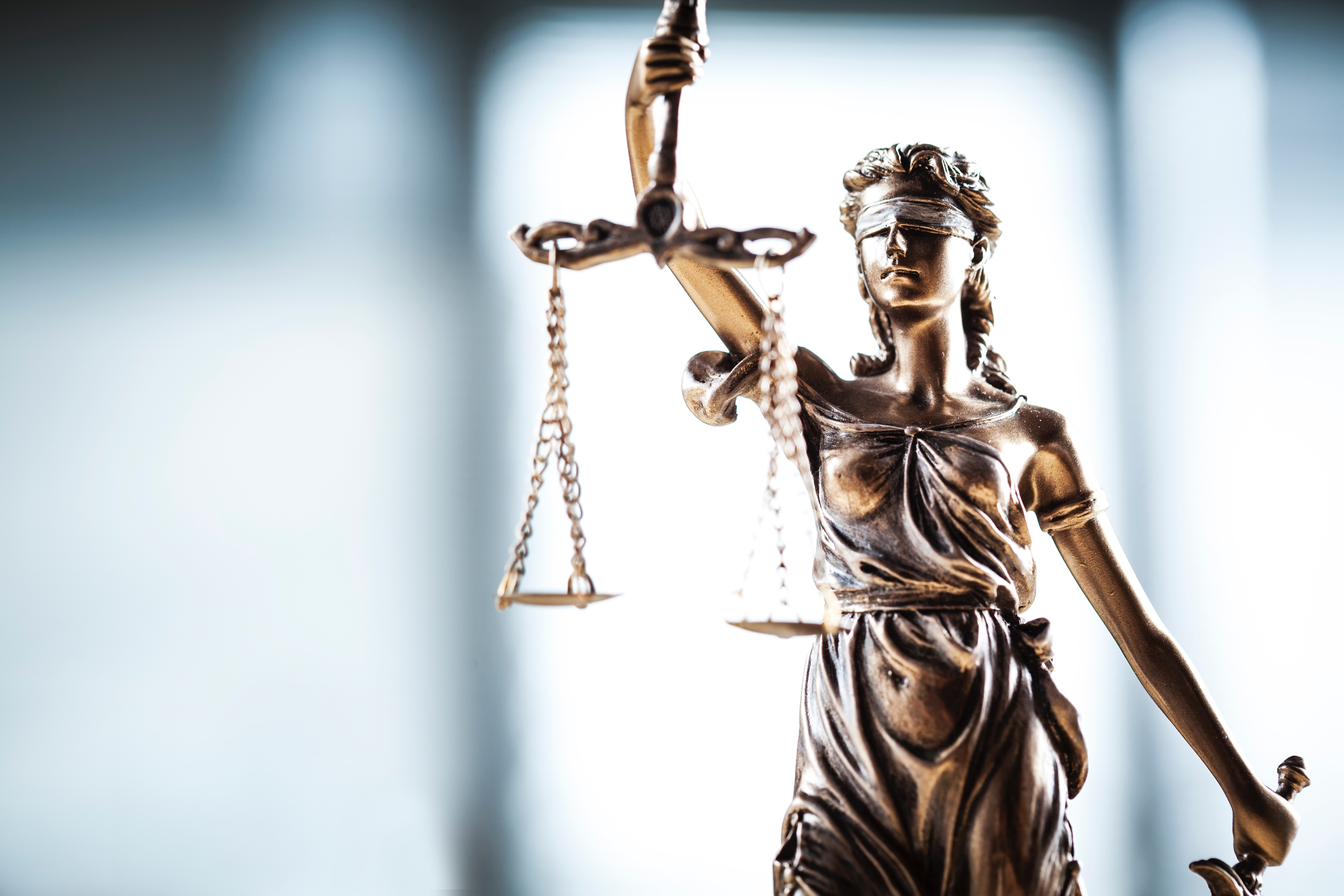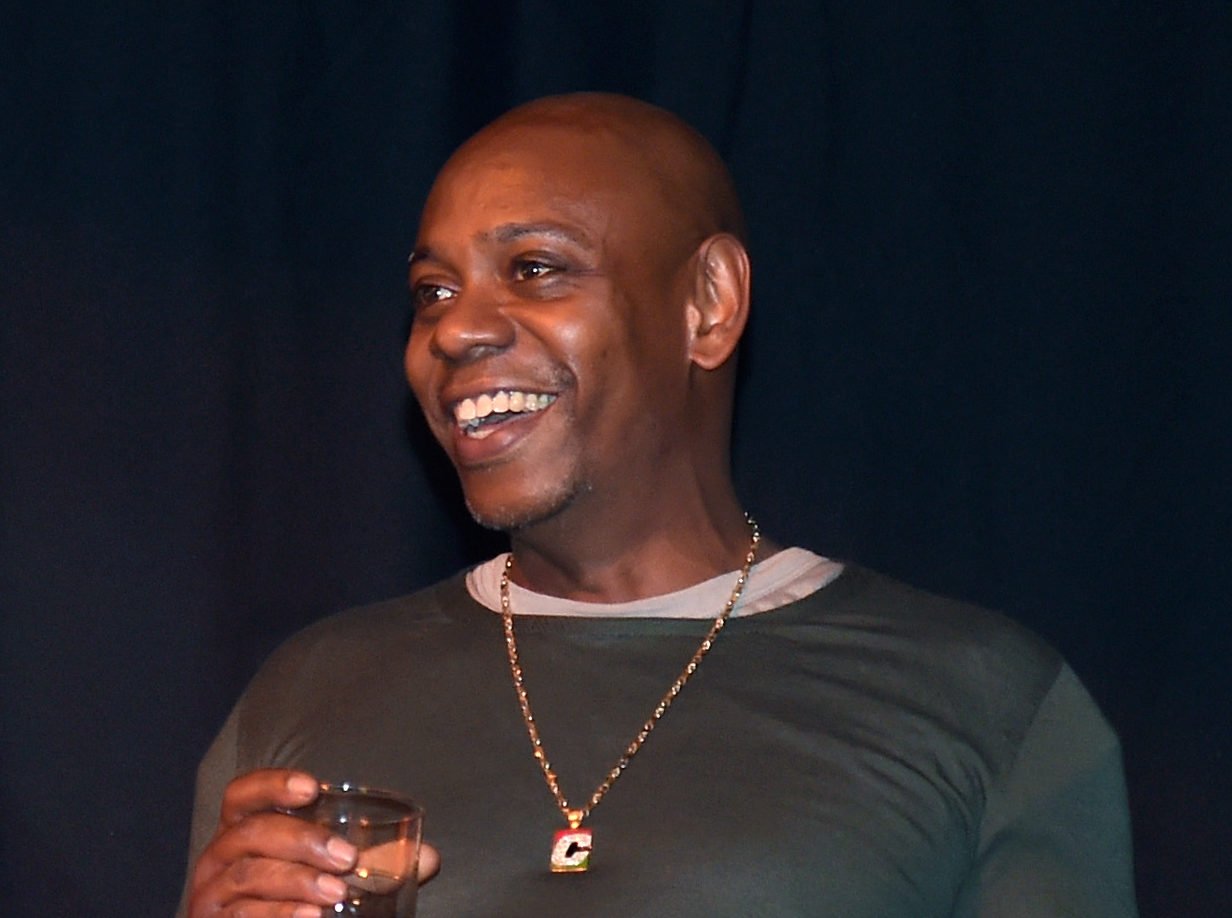Today, the DOJ opened a civil rights investigation into the Minneapolis Police Department, less than 24 hours after former officer Derek Chauvin was convicted in the death of George Floyd by a jury.
The probe would look at whether the department has a pattern or procedure of policing that is in violation of the Constitution or federal civil rights laws.
Attorney General Merrick Garland said that Justice Department lawyers would investigate whether Minneapolis police use excessive force or participate in racist conduct, even during protests. It will also look at whether their care of people with mental illnesses complies with the legislation.
Garland said in a brief announcement, “It will include a comprehensive review of the Minneapolis Police Department’s policies, training, supervision, and use-of-force investigations.”
“Broad participation in this investigation from the community and from law enforcement will be vital to its success,” he said. “The Justice Department has already begun to reach out to community groups and members of the public to learn about their experiences with the MPD.”
According to Garland, the civil rights investigation will be conducted independently from the Justice Department’s ongoing criminal investigation into Floyd’s murder.
Following public outrage following the televised police beating of Rodney King in Los Angeles, Congress granted the Justice Department power to investigate local police forces and sheriff’s offices in 1994. Since then, the government has launched 70 inquiries and signed 40 formal reform agreements.
The Justice Department, on the other hand, drastically reduced its police inquiries under the Trump administration, which then-attorney general Jeff Sessions said were detrimental to local cops.
The use of the pattern-or-practice authority was discouraged by Sessions, who issued a directive. Garland rescinded the memorandum on April 16.
While several local police forces have praised the Justice Department’s investigations, others have criticized them. The government has the power to obtain court orders requiring changes under the legislation passed by Congress.
“Good officers welcome accountability,” Garland stated. “I strongly believe good officers do not want to work in systems that allow bad practices.”
Chauvin was convicted of second-and third-degree murder, as well as second-degree manslaughter, in Floyd’s death last year and faces the possibility of spending the remainder of his life in jail.
After Chauvin’s verdict, President Joe Biden and members of Floyd’s family renewed their demands for Congress to pass legislation named after Floyd that would outlaw chokeholds and overhaul officers’ qualified immunity rights.



